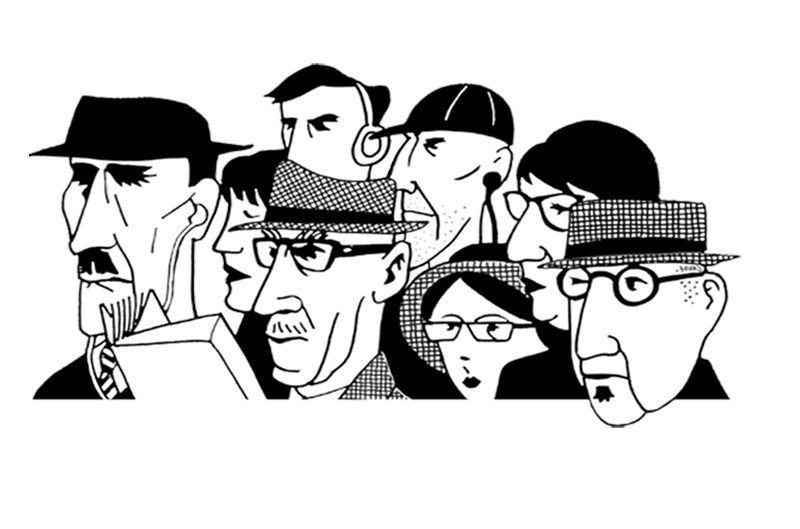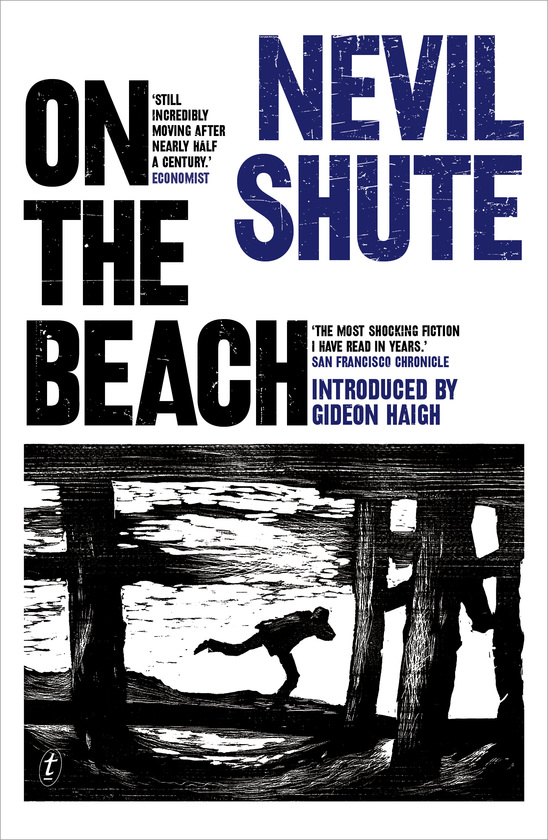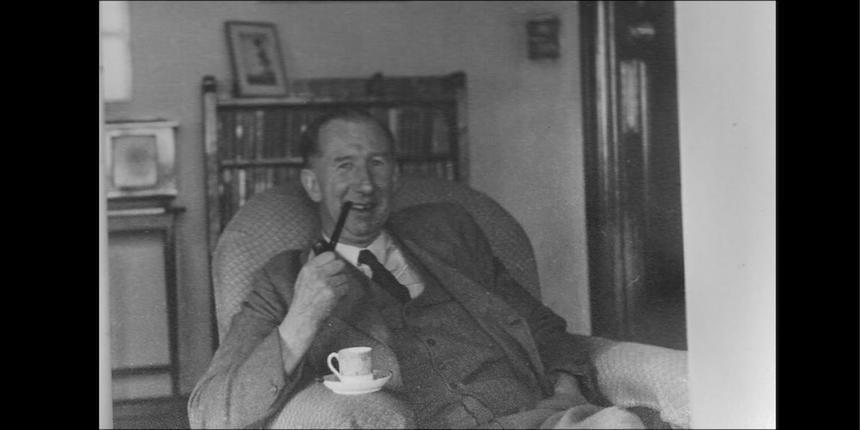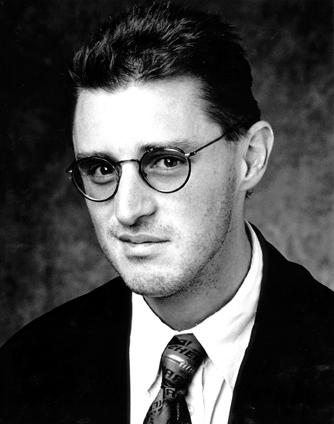Introduction by Gideon Haigh
Fishing boats lay at anchor and they cruised around these, hailing, and examining them through the periscope. They learned nothing, save for the inference that when the end had come the people had died tidily.
Set in Melbourne following a catastrophic war in the northern hemisphere, Nevil Shute’s classic is the story of a handful of survivors in the terrifying aftermath of nuclear apocalypse.
First published in 1957—and famously adapted for the screen soon after by Stanley Kramer, in a film starring Gregory Peck and Ava Gardner—On the Beach is the perhaps the greatest work of popular fiction about the end of the world.
INTERVIEWS and REVIEWS
3RRR: Zero-G interview with Gideon Haigh
Guardian
Literary Hub
andOn the Beach
‘Arguably Australia’s most important novel…Remains devastating…An astounding achievement.’
‘The most evocative novel on the aftermath of a nuclear war.’
‘On the Beach played an important role in raising awareness about the threat of nuclear war. We stared into the abyss and then stepped back from the brink.’
‘The rerelease has got an essay at the front from by Gideon Haigh, which immediately makes it worthwhile.’





